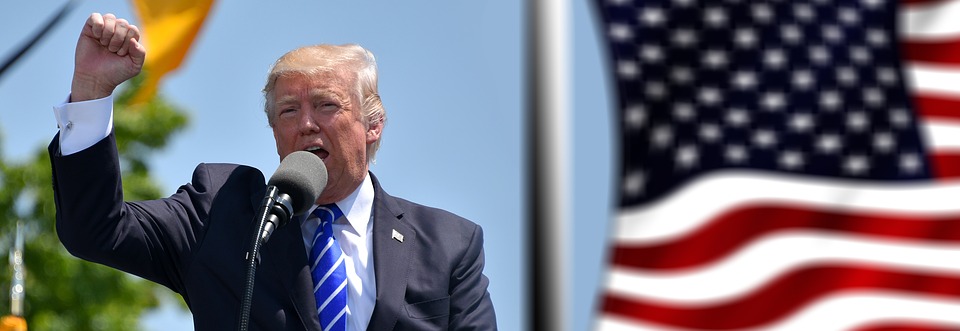A Rise in Denials of USA Travel Waivers under Trump Administration

Donald Trump wants to keep ‘undesirables’ out of the United States. As a result, soon after becoming President on January 20, 2017, we experienced an increase in Waiver denials even though rules affecting them had not changed.
Most Waivers were granted following appeal because the applications were not being adjudicated properly. The Adjudicator ignored evidence, failed to consider all of the criteria, set forth conclusions that were speculative or misapplied its criteria. Examples of files won on appeal include:
No Reasons for Refusal
- Denial letters must provide specific reasons outlining why the application failed to meet various criteria. If the Applicant wants to appeal the decision, they can challenge those reasons—they must argue how the adjudicator erred in their decision making. In several instances, the Admissibility Review Office (ARO) failed to give any reasons whatsoever for denial.
Failure to Consider the Evidence
- We had a denial letter outlining reasons which ignored the evidence on file. It appeared the Adjudicator did not review the file before issuing the denial.
Irrelevant Considerations – Letters
- We also had an Adjudicator criticize the character references because they were solicited by the Applicant. The Applicant solicited the letters from his friends and associates because it was a mandatory step in the Waiver process. Whether the letters were solicited is irrelevant. The Adjudicator must consider the credibility of the parties giving the character references and the quality of the content of each letter. To be criticized for following one of the Waiver instruction steps seemed rather absurd.
Irrelevant Considerations – Weapons Ban
- Lifetime ban on owning a weapon? No problem. Nowhere in the rule book does it say that you can’t apply for a Waiver if you have a weapons ban. Therefore, ARO can’t use this criterion solely to deny an application. For example, a person selling one marijuana joint (i.e. drug trafficking) under new laws receives an automatic lifetime weapons ban even if no weapon was involved in the offence. In our client’s case, it was confirmed the weapons ban was irrelevant to his inadmissibility and his Waiver was subsequently granted. He did not possess or use a weapon when committing his offence. A weapons ban is simply an administrative penalty for all persons convicted of this offence, regardless of individual circumstances.
Renewal Clients
- We had a client that had several prior Waivers. Under the Trump administration, his 5th Waiver Application was denied. Just like a few of our other clients, he received a denial letter with no detailed explanation of the reasons for the denial. As a result, he won his appeal.
Back to Normal?
Over the past 12 months, refusals have died down for my clients. I believe the processing of Waivers is back to normal because:
- the Appeals Office may have scolded ARO for not adjudicating files properly;
- the ARO office may have decided, on their own initiative, to be more diligent in following guidelines when adjudicating files;
- pressure from Trump diminished;
- ARO learned that our office is not afraid of appeals, so they take fewer liberties with our clients; and/or
- any combination of the above.
The ARO may be continuing to make improper denials for self-represented individuals who do not have the skills, knowledge or stamina to make a proper appeal. Their hope may be that the applications will be abandoned, fulfilling the Trump mandate to keep ‘undesirables’ out of the country regardless of what rules they bend.
Appeals Cannot Consider New Evidence
I gave you a few examples among dozens of reasons why a Waiver Application can be denied. We anticipate these reasons when assisting with Waiver Applications. As a result of our experience processing thousands of Waiver Applications over the past 25 years, we can help Applicants:
- avoid the risk of denial; or
- if denied, improve chances of approval on appeal.
Applications going through the appeal process can take a long time to be completed. Waiver processing times are:
- 8 to 12 months for 1st-time applications;
- 6 to 10 months for renewals;
- 12 to 18 months for high-risk applications; and
- 2 to 3 years for applications going through the appeal process.
The appeals office will not consider new evidence on appeal, so applications must be completed thoroughly and properly in the first place or they will fail on appeal. Therefore, it is important to hire an experienced Waiver Specialist when applying for a Waiver.

